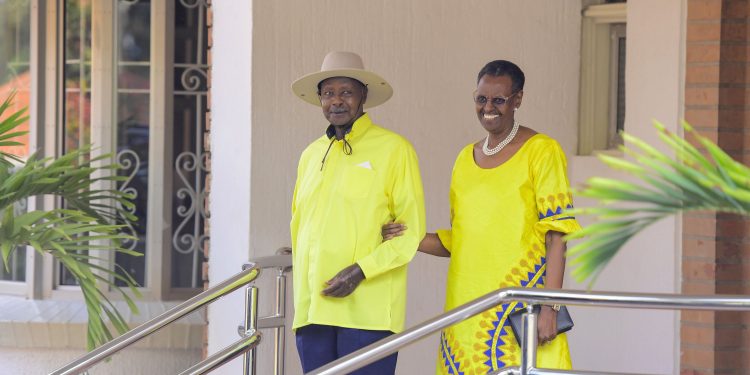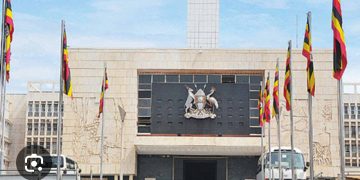President Yoweri Museveni has announced a major recruitment drive to bring 50,000 new teachers into government primary schools, in a bid to eliminate chronic staffing shortages and enforce the policy of free education.
Speaking during the launch of the National Secretariat for Patriotism Corps in Kampala on Wednesday, Museveni said the recruitment is essential to achieving a reasonable student–teacher ratio, and to addressing inequalities that have long plagued Uganda’s Universal Primary Education (UPE) program.
“I have checked; in order to have enough teachers at the rate of 53 students per teacher, we need an extra 50,000 teachers,” the President revealed.
Uganda’s public primary schools currently employ about 142,000 teachers. However, the shortage has compelled school administrators to hire private teachers, often funding them through unofficial fees levied on parents — a practice critics argue undermines the promise of free primary education.
President Museveni condemned this workaround, asserting that his administration will no longer tolerate hidden charges in government schools.
“We are going to insist on free education in government schools,” Museveni said. “The school managers all along used the politics of not having enough teachers and that they needed to hire private teachers, that way they charged fees claiming it’s for paying those hired teachers. With 50,000 new teachers, there will be no need for such charges.”
The President’s remarks come amid heightened tensions in the education sector. On September 12, the Uganda National Teachers’ Union (UNATU) launched a nationwide strike over salary disparities between arts and science teachers. The strike left classrooms empty, with candidates preparing for end-of-year exams missing critical revision sessions.
By addressing staffing shortages and enforcing a more equitable teacher deployment policy, Museveni hopes to restore public trust in the UPE system, improve the quality of education, and eliminate the need for illegal school fees.
In addition to tackling issues in the education sector, Museveni also outlined plans to incorporate graduates of patriotism programs into government systems.
These programs, intended to instill national values and civic responsibility in youth, will now be linked with opportunities for employment and community mobilization.
“That way these youths are easily supported because they are trained and known, other than just leaving them stranded. Besides, they are a very big force of mobilization,” the President said.
If realized, the recruitment of 50,000 teachers would mark one of the most significant investments in Uganda’s education workforce, potentially transforming the learning environment in government schools and reducing pressure on existing staff.





















